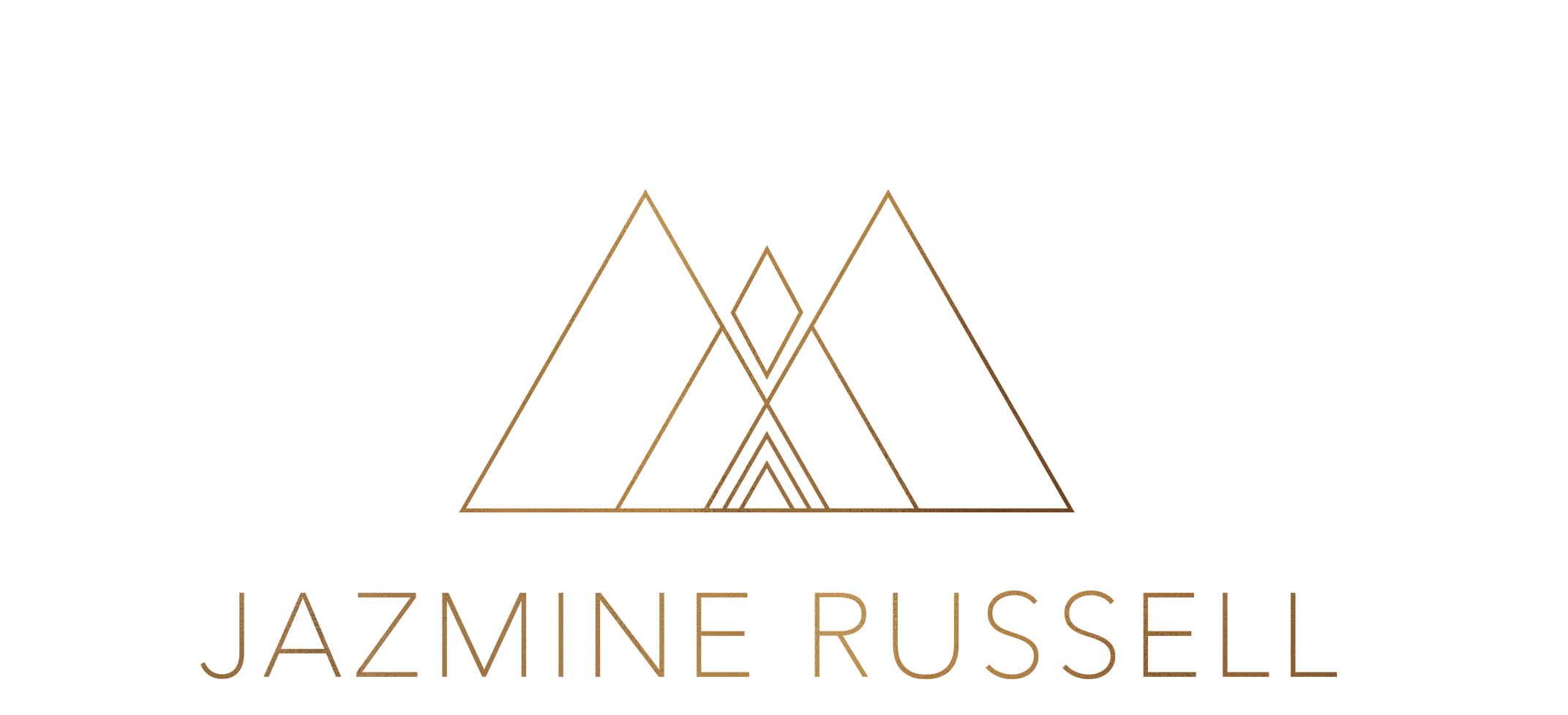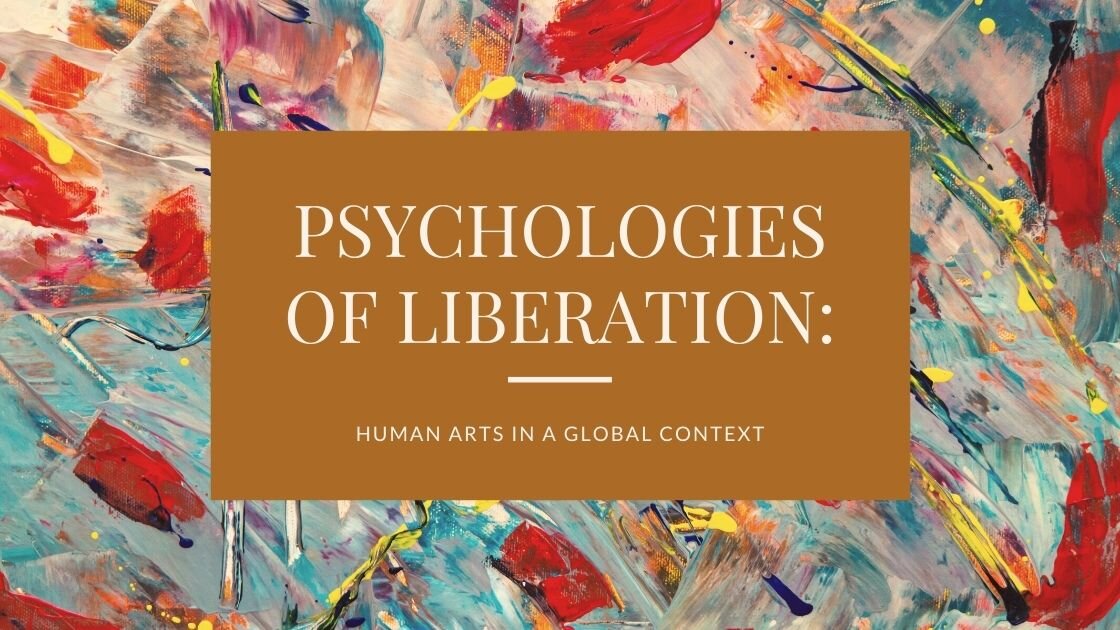Psychologies of Liberation: Human Arts in a Global Context
If you're itching to be part of an amazing global community of folks interested in different ways of understanding and supporting mental health issues from a holistic, systemic, and lived experience lens - read on.
With the discussions around gun violence in the US, we often hear a rallying cry for better mental health access and services. However, conflating violence with those deemed mentally ill is problematic enough (often those who are labeled are victims of violence, not perpetrators), not to mention our mental health system itself is utterly broken and unable to honor and provide what folks truly need. It's time we listen to those with lived experience and broaden our understanding of what mental health support can look like on a community level.
If you've been around here for a while, you may know of the Institute for the Development of Human Arts, a non-profit I started 5 years ago with a group of amazing leaders to train activists, clinicians, and anyone interested in mental health in transformative mental health.
This spring season, our team has charted the path towards understanding mental health in a global context, rallying grassroots organizers and researchers in the field. As COVID 19 continues to impact many, and the biomedical model continues to spread its reach farther and wider, stigmatizing distress, pathologizing human experience, and proffering narrow solutions to complex problems, it's our time to gather and understand how we can truly uplift transformative mental health.
“The social and biomedical sciences offer tools to verify efficacy, but often lack the imagination or critical theory to actually do the dreaming up of any new ways forward. I am so grateful for IDHA for filling that gap and creating such powerful dialogue and transformative thought”
COURSE OFFERINGS
Unsettling Global Mental Health: Unpacking Power, Epistemic Justice and Coloniality
Saturday, March 27, 2021 12 - 2:30 pm ESTFacilitated by China Mills and Akriti Mehta
In this session, we will unpack and reflect on some of the key assumptions that underpin Global Mental Health and some questions that arise in response: What happens when issues such as distress and suicide get framed as global mental health challenges? Who defines what is health versus illness? Who determines what counts as evidence and what evidence counts? Can, or should, mental health be global?
Global Grassroots Responses: Weaving Together Healing and Social Justice
Saturday, April 24, 2021 12 - 2:30 pm ESTFacilitated by Bhargavi Davar and Evan Auguste
Bapu Trust in Pune, India is one local effort that seamlessly integrates user and survivor-centered mental health advocacy with traditional healing systems. For more than 20 years, Bapu Trust has created, piloted, and monitored community inclusion programs in an effort to move toward a world in which emotional well-being is defined holistically, and not just as “mental disease.” In this session, we will explore how Bapu Trust has created a powerful, widespread network of community care that centers the agency of survivors. We will discuss how to “reclaim community” as a powerful force for healing, and explore how to transform dialogues in mental health communities.
Applications of Two-Eyed Seeing: Indigenous Practices for Social and Emotional Wellbeing
Saturday, May 22, 2021 12 - 2:30 pm ESTFacilitated by Lewis Mehl-Madrona and TBD
Two-Eyed Seeing was initially coined by Elder Albert Marshall as a means to give indigenous epistemology and knowledge equal status to mainstream scientific perspectives and knowledge. This class will introduce the concept of Two-Eyed Seeing to explore healing from an indigenous perspective in relation to the mainstream, evidence-based model of mental health. We are especially interested in healing approaches for people with so-called severe mental disorders, those in medication-assisted treatment for opiate use, and for people who have suffered the effects of immediate and historical trauma. We will explore stories of Maori and psychiatry collaborations and see what this can teach us about indigenous approaches to mental health therapies.
Mutual Accompaniment and the Liberation of Psychology: Widening Circles of Solidarity
Saturday, June 19, 2021 12 - 2:30 pm ESTFacilitated by Mary Watkins and Alisa Orduna
To engage in the public practice of psychology, mental health workers, caretakers, and activists must be acutely aware of their positionality and its impacts on community work. This class will present the theoretical foundation and participatory methodologies that unite radical interdisciplinary approaches to creating individual and community well-being. We will introduce concrete examples of contemporary liberation psychology practice, crystallizing its goals and methods. We will also introduce the notion of mutual accompaniment, a radical model of being with each other, animals and the earth, and its implications in the therapeutic relationship and the work of solidarity.
Sending you hope, healing, and strength,
**
Much love,
Jaz



